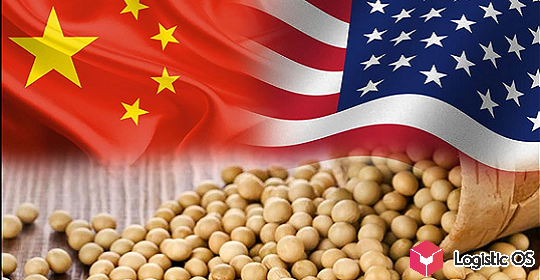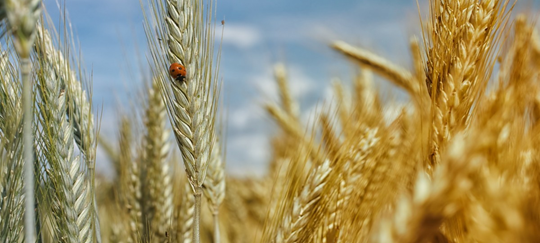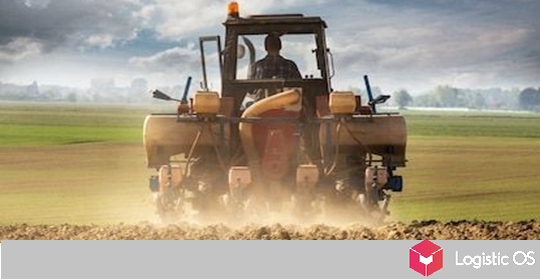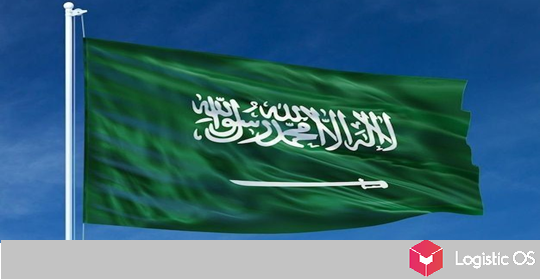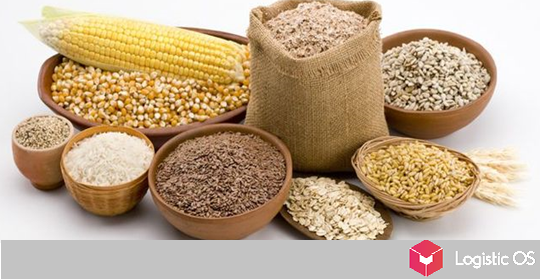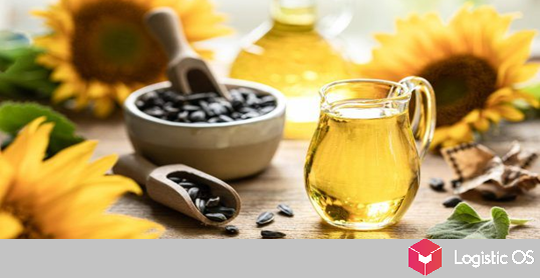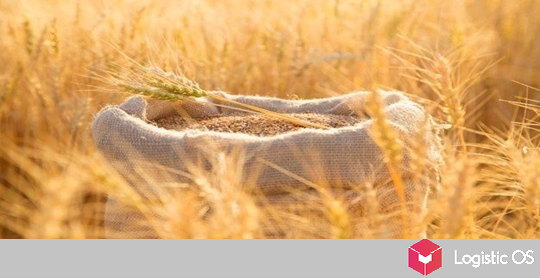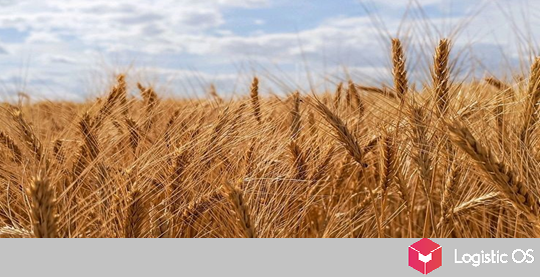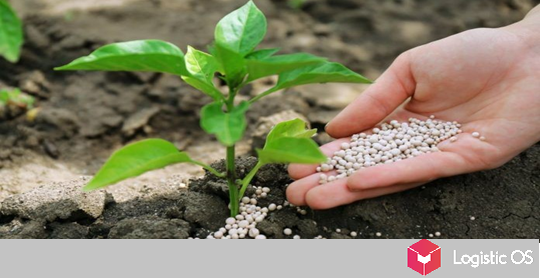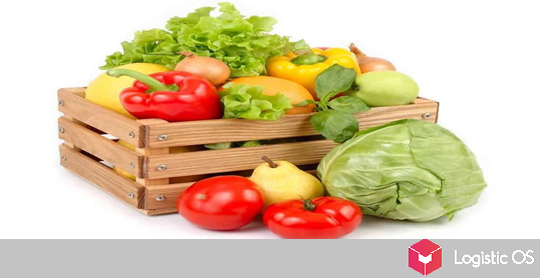The popularity of so-called «niche oilseeds» is growing as restrictions are imposed on the export of major crops.
According to the latest data, October was the month during which agricultural production in the Russian Federation decreased by 12%.
According to the latest data, the total volume of agricultural exports from Russia to Saudi Arabia may reach $1.5 billion.
Currently, Russia is in third place in the world in terms of food supplies.
As noted, agriculture is currently among the lagging industries in terms of digitalization, but there is room for growth.
In the last week, Russia has seen a significant increase in the price of both sunflower oil and the raw materials for its production.
The Indian government is concerned about land degradation and is going to urgently improve the skills of farmers.
A significant decrease in the wheat harvest in Morocco is forcing it to increase imports, which could be beneficial for the Russian Federation.
Rising fertilizer prices are forcing US agricultural producers to look for alternatives, including cheap generics.
Analysts note that against the backdrop of rising vegetable prices, the average price of a liter of borsch has increased to 36 rubles per liter.
